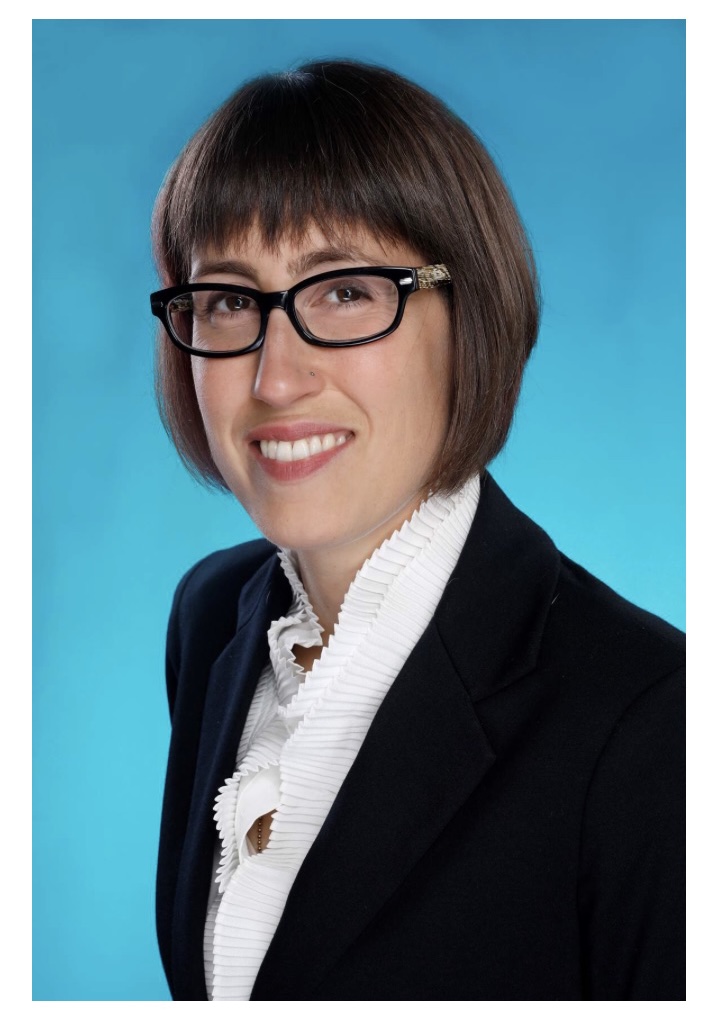Spotlight: Jennifer Etue, Manager of Integrated Behavioral Health, Providence Community Health Centers
In an effort to increase the number of IBH-trained behavioral health professionals working in RI primary care, CTC-RI recently announced we’re offering 10 enrollment slots at no cost, thanks to funding from UnitedHealthcare, to enrollees in the ‘Primary Care Behavioral Health’ course developed by the UMass Chan Medical School Center for Integrated Care. We recently interviewed a clinician, Jennifer Etue, LICSW, IBH Manager at Providence Community Health Centers, who previously went through the training.
 How is IBH changing the way primary care is delivered in RI?
How is IBH changing the way primary care is delivered in RI?
IBH expands the previous limitations of primary care. Primary care teams usually have to manage their medical scope of the social determinants, behavioral health and substance use components that show up in primary care. Alternatively, IBH teams offset those “out of scope” demands in conjunction with the patient’s medical needs to provide immediate support to care teams and patients in real time alleviating the tremendous demand of patient need. From micro to macro, IBH changes the lives of patients and care teams, but also offsets the costs associated with not addressing larger systematic issues (ER use as an example) that impact patient access and care.
What lessons learned from your UMass IBH training are you now using at your practice?
The UMass training provided a large framework and context for IBH dynamics in primary care. Not only does it ensure valuable education about how to engage care teams, but will train/support providers around the correlation of health, chronic health conditions, behavioral health struggles, and substance use/dependence in primary care. The UMass course provides a massive support/framework to practitioners which then trickles down to support of care teams and patients.
What advice would you share with your peers in the industry considering the UMass IBH training?
The UMass training is invaluable to clinical work within IBH settings. It will increase understanding of roles in primary care and impact direct work with care teams and patients. The UMass training will shift provider skill sets and broaden provider knowledge while continuing to develop IBH skills and transform the primary care setting.
